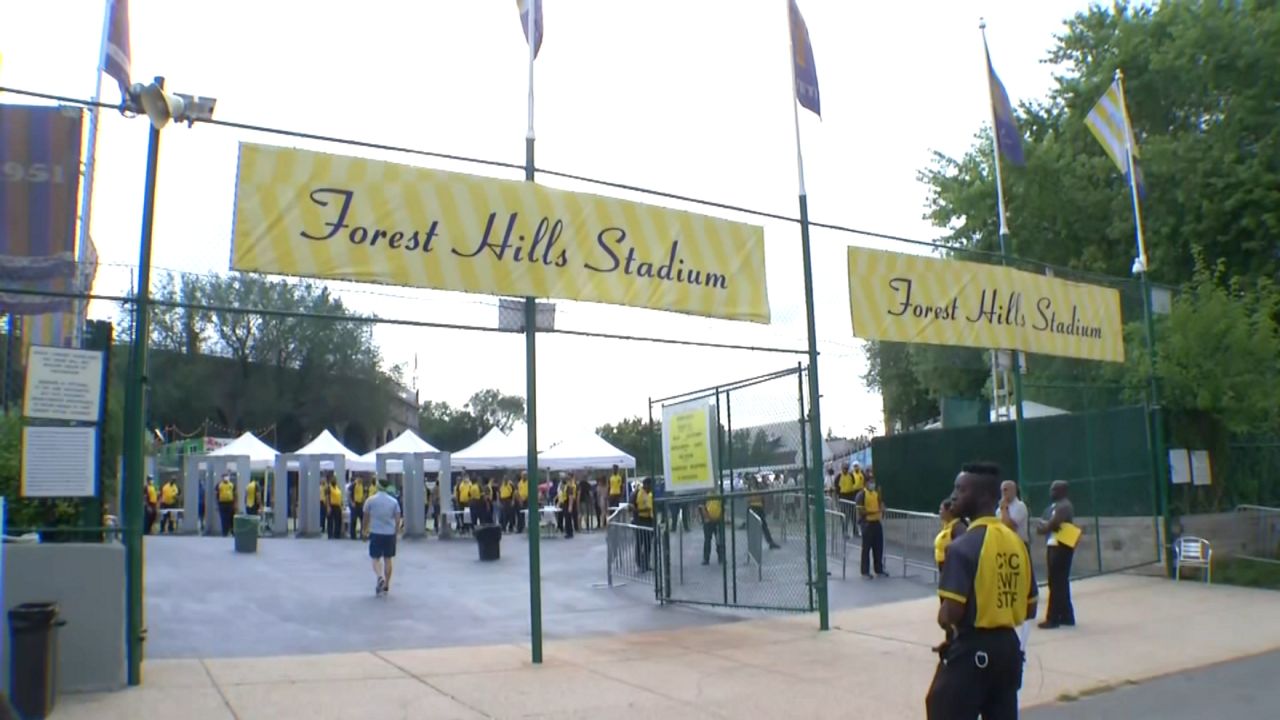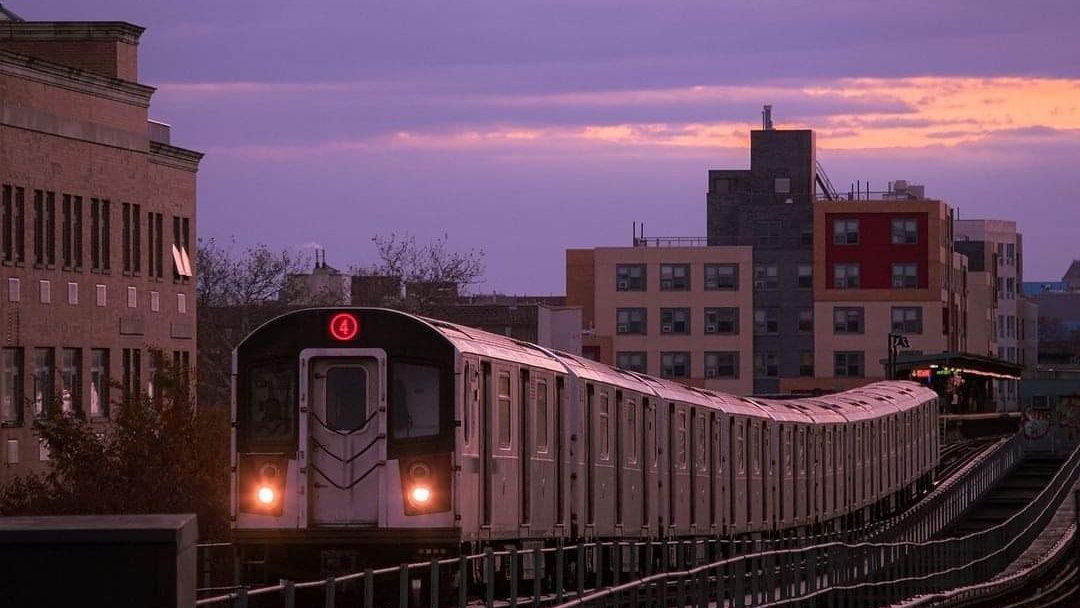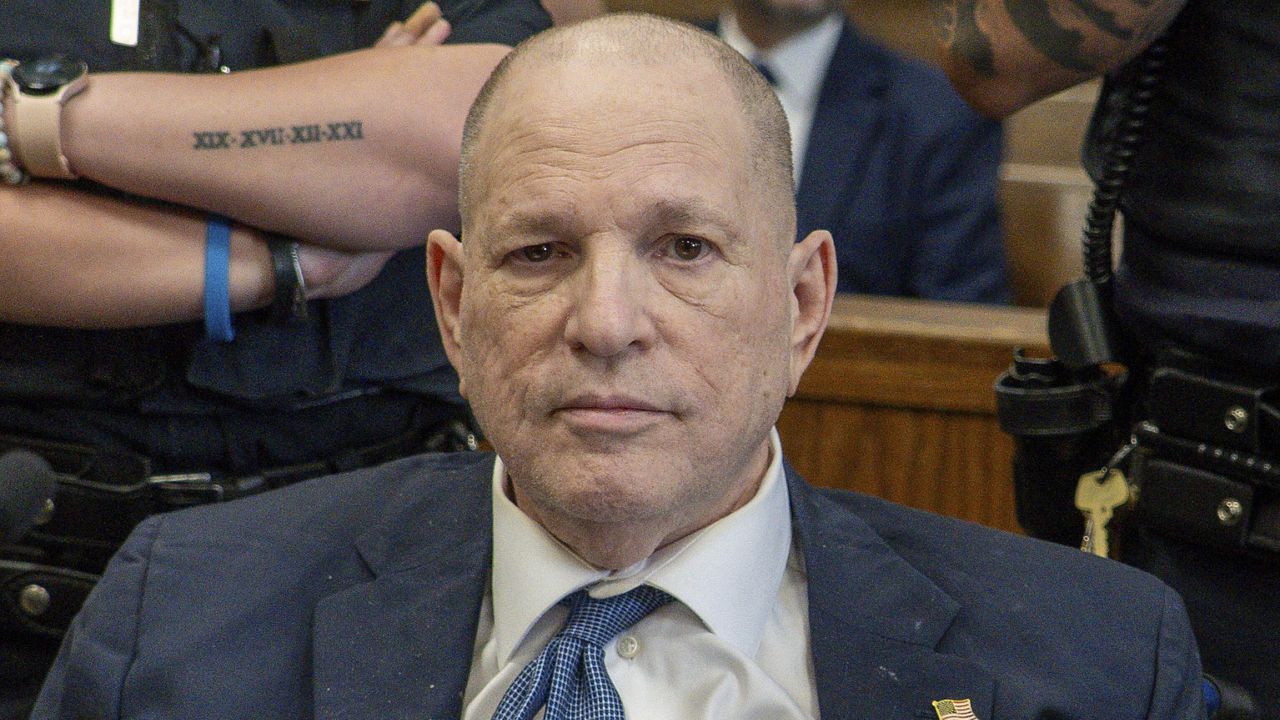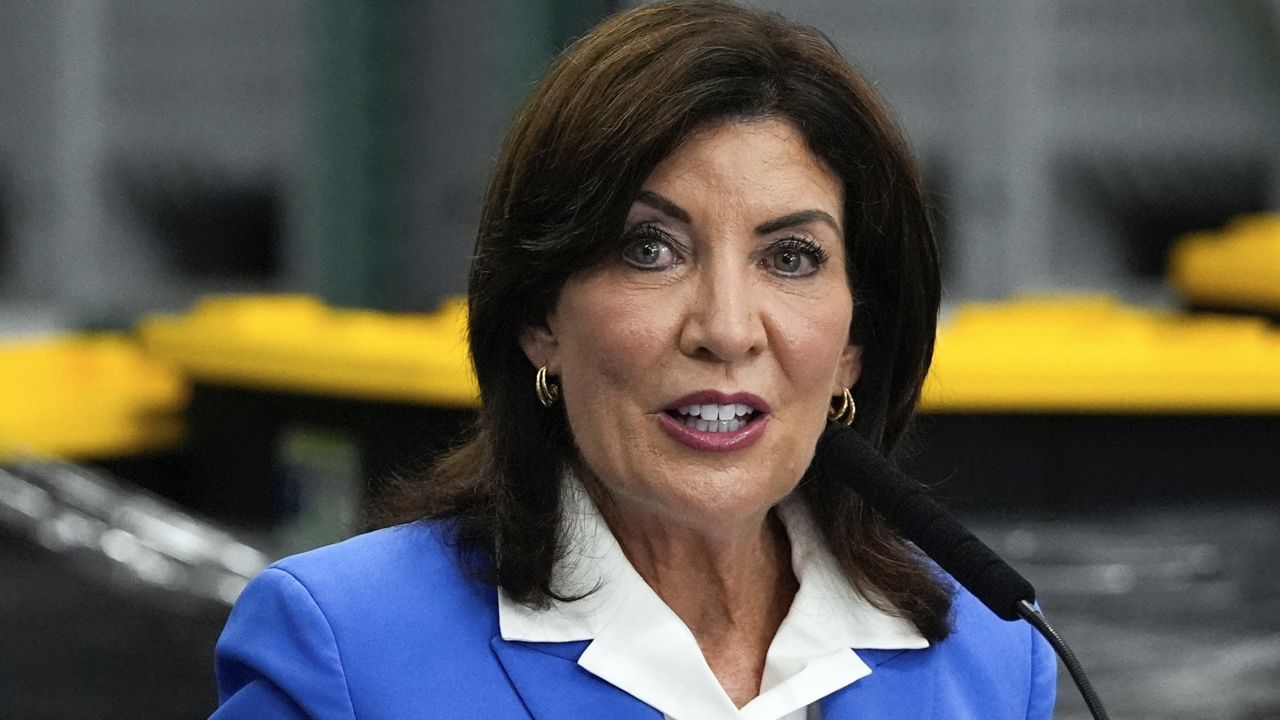Lenny Lam and his daughter love their electric vehicle.
“Other than the environmental benefits, keeping clean, less gas pollution, it’s really fun to drive,” Lam said.
However, it requires an extra drive each week, passing several gas stations to find a charging station.
“The biggest pain is trying to find a charger. As you can see, there’s none in the parking garage (near his apartment), and I have to drive about a couple of miles closest to get to a charging station, and they’re usually inside of a parking lot," Lam said.
That often costs money for parking, not as much as filling up with gas, although it takes longer.
Instead of a few minutes to gas up, it takes about an hour and half here to juice up from 0% to 100%.
“Convenience, I would have to give it to the gas,” Lam said.
“The leading challenge our customers face is access to charging,” said Britt Reichborn-Kjennerud, Con Edison's section manager of Electric Vehicles.
Con Ed is offering incentives to developers to build charging stations, saying there are currently no more than 1,700 public charging stations in the city and Westchester, areas that have a combined population of more than 9.2 million people.
“We know this is a particularly difficult challenge for a lot of our customers who live in apartments and don’t have access to charging,” Reichborn-Kjennerud said.
Con Ed is teaming up with utilities around the country, Tesla and Uber to push the incoming Biden administration to encourage electric car use. They have formed a group called Zero Emission Transportation Association, or ZETA, which announced Tuesday it will call "for five key policy pillars"; consumer incentives and early retirements (of vehicles), domestic manufacturing, emissions/performance standards, infrastructure investments and federal support for state and local policy.
It makes sense for the utility, of course it would want all new cars to be dependent on it for power. But it also makes sense for the state, which is aiming for a greenhouse gas emission reduction goal to 40% of 1990 levels by 2030.
“I wouldn’t say I’m a pioneer, but I’m sort of the end of the first wave of people getting a vehicle,” Lam said.
Lam has had his electric car for two and half years. He says he’d welcome company, especially if more electric cars on the road results in more charging stations on city streets.
“That would be very convenient if I could just pull to a parking spot and plug it in,” he said.









